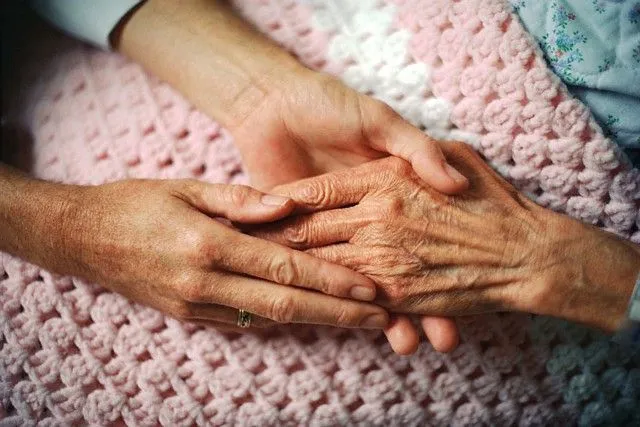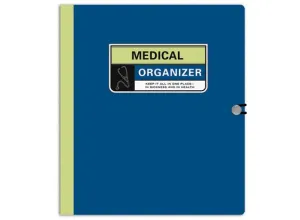Promoting independence and “successful aging” is a laudable goal for many. But it’s not the reality for people caring for anyone diagnosed with a terminal illness or a relative who struggles to manage day to day as a result of debilitating health conditions and growing frailty. Most people would prefer to talk about wellness rather than illness, so we tend to avoid planning for advanced illness and ultimately death. One valuable, often overlooked, and generous Medicare benefit for those caring for a family member or friend is hospice care.
Medicare coverage for hospice
Since 1983, Medicare has paid for most hospice care received in the United States. Other payers of hospice care include Medicaid (in most states), the Department of Veterans Affairs and most private insurance plans. Typically, no one is turned away from receiving hospice. Private contributions and donations are used to help cover the cost of care for those who have no other ways to pay for this service.
Beneficiaries are eligible for hospice care when they are entitled to Medicare Part A and are certified by a physician as having a life expectancy of six months or less if the illness runs its normal course. However, living longer than six months doesn’t mean the patient loses the benefit. After the initial certification period, each beneficiary receives an unlimited number of additional 60-day periods.
Although cancer patients used to make up the vast majority of hospice recipients, that is no long the case. An increasing number of people diagnosed with late-stage Alzheimer’s disease, non-Alzheimer’s dementia, heart disease, stroke, Parkinson’s and other conditions benefit from hospice.
Hospice is underutilized
People often wait too long before seeking hospice care. In the United States, the average length of hospice care is less than 60 days with 30 percent of those who elect hospice care dying in seven days or fewer. It seems that misinformation about the benefit coupled with our general discomfort talking about end of life prevents Medicare beneficiaries and their family from taking advantage of the valuable benefit.
What services are provided?
An interdisciplinary team of health and social service professionals joined by volunteers work together to provide the following:
- Comfort care for pain and symptom management
- Maintenance care for existing chronic conditions such as diabetes or emphysema
- Support for emotional, social, psychological and spiritual needs and issues related to dying
- Needed drugs, medical supplies and equipment
- Mentoring for the individual, his or her family, and friends on best practices in patient care
- Services like speech and physical therapy, which can be accessed when needed
- If receiving hospice at home, payment for short-term inpatient care is available when symptoms become too much to manage or when caregivers need a respite break to take care of themselves
- Grief counseling is available and can take the form of a support group, one-to-one therapeutic counseling, spiritual counseling, phone check-in calls and educational materials to surviving family and friends.
Those receiving care are allowed to keep their regular physician or nurse practitioner to oversee their care or to receive care from the doctor associated with the hospice organization.
Hospice is offered by both for-profit and not-for-profit organizations and can take place:
- At the home of the patient, a family member, or friend
- At a stand-alone hospice center
- In a hospital
- In a skilled nursing facility or other assisted care residence
Pursuing the Medicare benefit and accepting help from hospice can feel like a major change in how the person receiving care and their family considers the remaining time they have together. Caring for someone with serious illness and at the end of life is a daunting task, both mentally and physically. Having a dedicated, skilled and caring team of professionals to help can allow you to focus more on quality time with the person and less on the care and maintenance of the disease. Accepting help can make a difference in everyone’s well-being.







